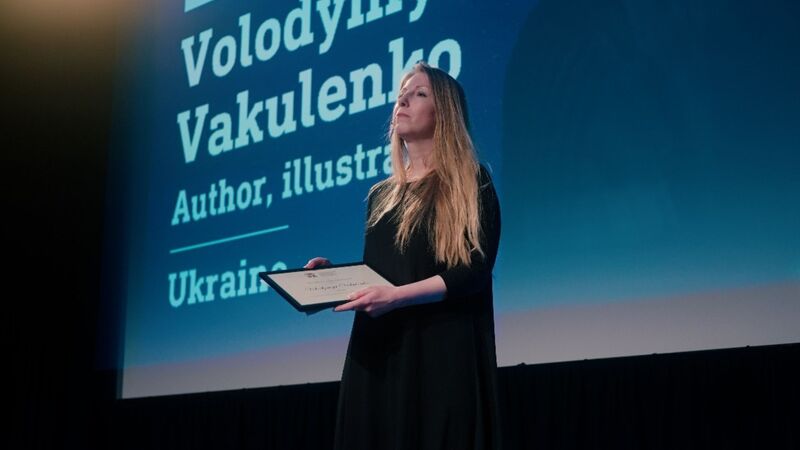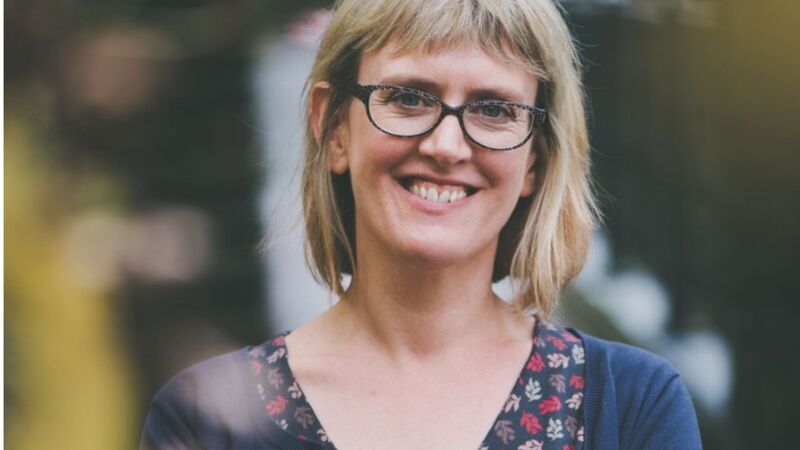You are viewing your 1 free article this month. Login to read more articles.
Amazon's White Glove tempts agents
Literary agents say programmes such as Amazon’s Kindle White Glove are opening a new publishing space which will force publishers to up their e-book royalty rates.
Representatives from White Glove, which enables agents to publish their authors’ work digitally directly with Amazon, have been meeting with agents in London this year.
The programme offers a 70% royalty rate when e-books are priced between £1.49 and £7.81, or 35% if the price is set outside of that range. Titles do not have to be exclusively on sale at Amazon and can be removed from the programme with very little notice, agents said.
An additional programme, KDP Select, can be signed up to in conjunction with White Glove, with additional benefits such as enabling the agent to offer the book free for five days as a promotion and making it part of the Kindle Lending Library. However, if the book is placed in the KDP Select programme, the agent and author must give Amazon e-book exclusivity for 90 days.
Agent Oli Munson at A M Heath said he had been using the programme for certain authors with out of print backlist titles, although frontlist titles remain with traditional publishers. Agent Darley Anderson said he “ideally” preferred to keep to the “traditional author/publisher relationship”, but warned: “The major publishers must as a matter of urgency become more flexible about their e-book royalty rates. If they continue to insist on a rigid 25% net receipts policy they will begin to lose certain authors and play into Amazon’s hands.”
Agent Luigi Bonomi said: “Recently a publisher offered more [than 25%] for the first time, but only on backlist books. This can’t go on.”
Jason Cooper, digital and enterprise development director at Faber, said: “There is undoubtedly an interesting space opening up in which agents could publish new or backlist authors with no real risk. If the practice were to be widely adopted, it could create some interesting permutations of how careers are launched and deals eventually structured. “
“Some publishers may want to look at what they might be doing to identify, develop, support and retain new writers, now that costs are low,” Cooper said. “Others, I imagine, will continue to be more or less happy to outsource most of the R&D work to agencies and cherry-pick those that prove themselves somehow.”
Orna Ross, founder of the Alliance of Independent Authors, said programmes such as White Glove may lead to print and digital rights being separated, with authors seeking a publisher “just to deal with print rights and getting books into shops.”
However, Society of Authors deputy chief executive Kate Pool cautioned authors about choosing White Glove, saying: “An author can self-publish without an agent. I would be much happier if I saw agents reinforcing their foreign rights and film departments and showing they can offer something really meaty to an author.”
Publishers approached to comment on the issue have been reticent, although Victoria Hughes-Williams, commissioning editor at Canvas, whose author Rosie Goodwin is published into the US through Curtis Brown Creative Books, said she was “happy for her to have that exposure”, and said it was “especially interesting to see if there is a market out there”.













